Yorkshire Terrier is a bouncy, warm, and smart breed with a high maintenance coat

Yorkshire Terrier Spotlight
- Housebreaking can be especially challenging
- Do not do well in extreme weather conditions or temperatures
- Typically affectionate, spunky and independent
- May often pick fights with larger dogs if they are not socialized early on
- Can be quite yappy and should be trained from puppyhood in order to prevent excessive barking
- Coats are considered to be hypoallergenic
- Intelligent and easy to train
History
Yorkshire Terriers originated in Yorkshire, England from a line of terriers that was bred for the purpose of hunting rodents in clothing mills. Often called “Yorkies,” Yorkshire Terriers were first introduced on the North American continent in 1872 and were officially registered with the British Kennel Club in 1874.
American Kennel Club registration followed in 1885. Yorkies have seen a drastic increase in popularity after experiencing a dip in popularity in the early 1930s. The breed consistently ranks in the top ten on the AKC’s most popular dog breed list and currently sits at 7th place.
Personality & Temperament
Yorkies are a highly energetic and curious breed. They crave comfort and security and can often be found burrowing into blankets or their owner’s lap. However, it is not uncommon for some Yorkies to lack these cuddly characteristics and instead display a sense of adventure and independence.They are an ideal choice for apartment dwellers due to their small size.
In general, Yorkies are better around their owners and other dogs than they are around children and strangers. Like many other small terriers, Yorkies do not take well to being roughly handled and are therefore not always an ideal breed of choice for families with children.
Yorkies can be protective of their owners and are excellent guard dogs, often barking at every unusual or unexpected sight and sound. In order to prevent a Yorkie from becoming a yappy, excessive barker, this should be addressed early on. They are an intelligent breed and they pick up on the relationship between action and subsequent reward rather quickly, which makes them very easy to train.
Appearance & Grooming
Yorkies have long coats with blue and tan hues. The coat is parted at the top of the skull and serves as a frame for the dog’s face. Their compact, proportional bodies, sleek coats and tendency to carry themselves with confidence portray a sense of elegance that is unique to this toy terrier breed.
It is nearly impossible to predict the coloring a puppy’s coat will have when it reaches adulthood, as the final coat sometimes does not fully come in until the dog is three or four years old. Their tails are docked at a medium length and rise slightly above the back but do not quite reach as high as the head.
Yorkies have considerably long coats and require frequent grooming. However, due to the fineness of their hair and their moderately low shedding levels, Yorkie coats are considered hypoallergenic. They will need to be bathed on occasion, but beware that bathing them too frequently can result in skin irritation issues for your Yorkie. Their ears can be susceptible to infection so examine them often to prevent collections of wax or dirt. Additionally, the nails and teeth will require regular attention to keep your Yorkie healthy and looking its best.
Health
The breed is overall very healthy, but there are health issues that arise in some Yorkies. In order to ensure that your Yorkie is as healthy as possible, only work with responsible, honest breeders. Many breeders will implement genetic testing to identify any potential health issues in their dogs. Even if you buy from a responsible breeder and your Yorkie’s lineage yields minimal health problems, the following are issues that could arise:
- Bronchitis is common in Yorkies and many other breeds. It involves a severe cough that may or may not produce mucus. This dry cough has a wheezing sound and is usually more apparent after spurts of physical activity. It is recommended that dogs with this condition be walked with a chest harness rather than a traditional neck collar in order to prevent excessive discomfort in the throat area.
- Cataracts are not unique to terriers or other small breeds but they are certainly common. This issue is especially prevalent in diabetic dogs. Cataracts are a cloudiness in the lens on a dog’s eye and they don’t always impair the dog’s vision, but severe cases of cataracts often lead to complete blindness.
- Digestive issues can be common in Yorkies as their stomachs are relatively sensitive. Giving your Yorkie food that is not part of its regular diet can commonly result in vomiting or diarrhea.
- Tracheal collapse is a condition that affects Yorkies more than it affects any other breed. It is a condition in which the rings in the dog’s trachea or “windpipe” slowly collapse and force air through a smaller opening as a result. Symptoms of tracheal collapse include severe dry cough, heavy breathing and a blue tint on the dog’s gums.
Exercise & Care
Yorkies have a medium activity level so, in most cases, a daily walk around the neighborhood will be sufficient. They do well around other dogs if they are socialized early, so trips to the dog park can also be a fun way for them to run out some of their energy. They were originally bred to be working dogs, so playtime and other mental stimulation activities are just as important as physical exercise.
Due to their small size and tendency to dart around rather quickly, Yorkies are often perceived by larger dogs as critters that should be chased. It is in your Yorkie’s best interest to always be secured on a leash or in an enclosed area in order to prevent potential attacks from larger dogs or other animals who may pose a threat to your dog’s safety. Their compact size also means that weight gain of any amount is quite visible.
To prevent Yorkies from becoming overweight and unhealthy, be sure to measure out food and only feed them twice a day, with once in the morning and once at night being an ideal routine. Active dogs will need more food than inactive dogs of the same breed, size and age, so work with your veterinarian to determine a type and amount of food that meets your dog’s specific needs.
Resources
For more information on caring for your Yorkshire Terrier, visit these websites:
- http://www.yourpurebredpuppy.com/reviews/yorkshireterriers.html
- http://www.akc.org/dog-breeds/yorkshire-terrier/
- http://dogtime.com/dog-breeds/yorkshire-terrier#/slide/1
For information on Yorkshire Terrier rescue groups, visit these websites:
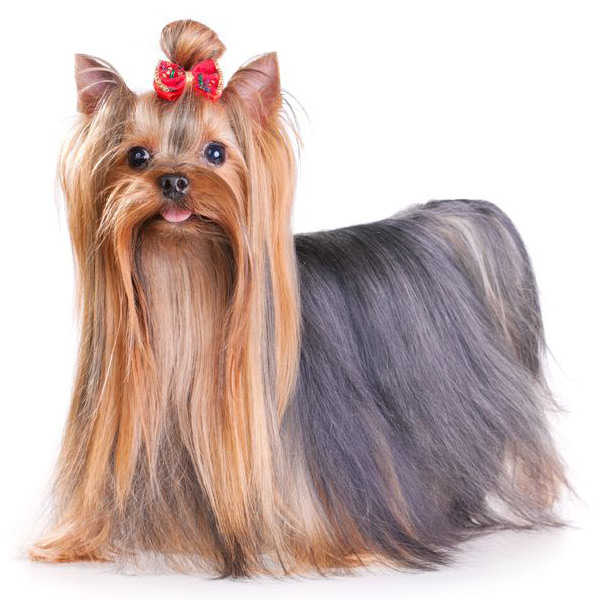
 England
England
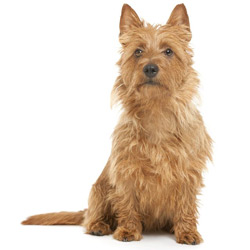
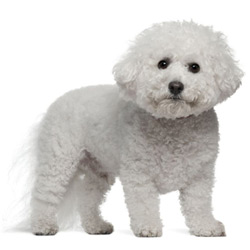
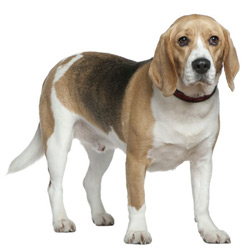
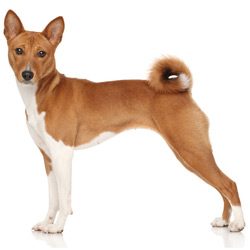
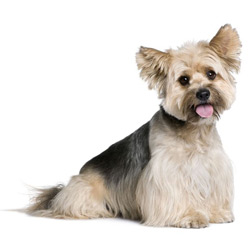
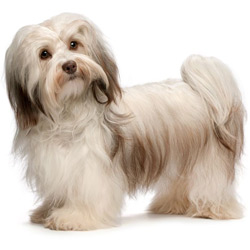
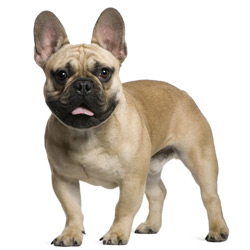
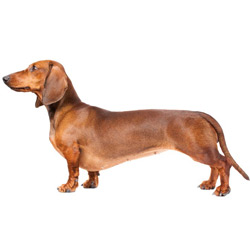
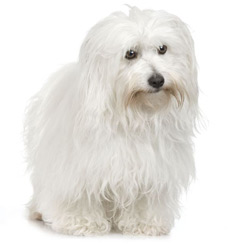
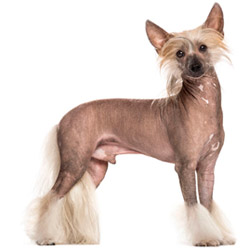
What do you think?